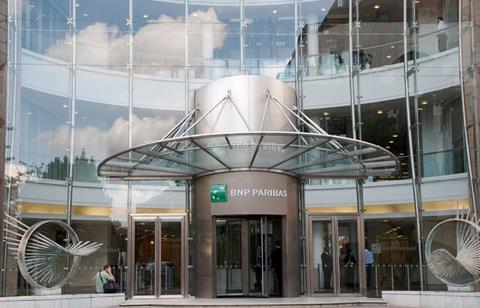
The BNP Paribas pension scheme is a mastertrust set up in 2014, formed from legacy schemes that date back to 1987. It has over 20,000 members, of whom 8,000 are active.
Ten UK BNP Paribas companies participate, with varying contribution levels. The organisation operates a pensions committee to manage the scheme’s £1 billion-plus assets and communications.
Surprisingly, member queries about the stock market falls in March 2020 were low. Ian MacKenzie, head of pension, benefits and wellbeing at BNP Paribas, says: “Most people in the scheme don’t work directly in financial markets and staff range from call centre workers to bankers, so their knowledge of financial markets may not be as sophisticated as others who have expert market knowledge.”
However, a vocal minority made its views known in April, when the scheme was scheduled to transition a substantial part of its default fund assets into environmental, social and corporate governance (ESG) funds. “The committee made the decision to postpone the transition due to market volatility, but a few members contacted us ahead of this to check the transition would not go ahead, which shows some staff are pro-active and shared the same views,” says MacKenzie.
There has also been a small increase in switching, with cash the main choice of fund. BNP Paribas has designed its own default investment flightpath, which is higher risk when members are younger with a long transition period to more balanced assets as the time approaches they might start drawing down assets. Different lifestyle funds are available for members targeting annuities or cash at retirement that protect them near that time.
“In a sense, the pandemic has been a good test of the bank’s strategy and communication,” says MacKenzie. “With quarterly trustee meeting cycles, there can be a tendency to want to act, to model different scenarios depending on how the pandemic progresses, but pension trustees and their advisers cannot predict such scenarios so really the options are that markets get worse or better, and this can happen in the short term or long term. However, as long-term investors we expect long-term growth overall.”











